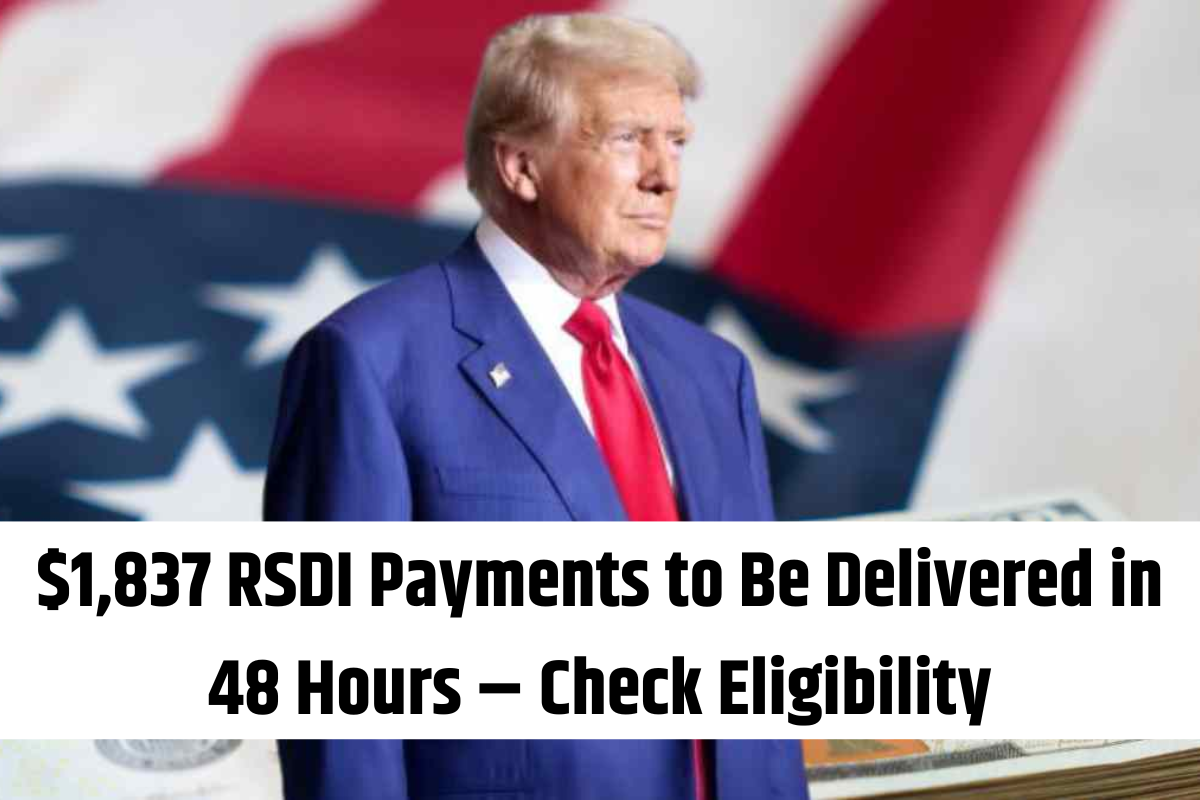Millions of Americans will receive their monthly Social Security benefits on March 12, 2025, according to the official Retirement, Survivors, and Disability Insurance (RSDI) payment schedule from the Social Security Administration (SSA). These payments cover different benefit types, including retirement, survivor, and disability benefits, but the exact amount varies depending on the individual’s work history and eligibility.
Who Qualifies for the RSDI Payment on March 12?
Not all RSDI beneficiaries will receive a payment on this date. Here’s how eligibility works:
- If you received your Social Security payment on March 3, 2025, you will not receive another one on March 12.
- Those who receive Supplemental Security Income (SSI) are not eligible for the March 12 RSDI payment.
- Your payment date is determined by your birth date:
- If your birthday falls between the 1st and 10th of any month, your payment will be deposited on March 12, 2025.
- If you were born between the 11th and 20th, your payment will arrive on March 19, 2025.
- If you were born between the 21st and 31st, expect your payment on March 26, 2025.
Average RSDI Payment Amounts for 2025
The SSA has released the average RSDI benefit amounts for 2025:
- Retirees receive an average of $1,978 per month.
- Survivor benefits average around $1,546 per month.
- SSDI recipients get approximately $1,580 per month.
- A spouse receiving benefits based on a retired worker’s record may receive around $931.28 per month.
For those who received their RSDI payments on March 3, the next deposit will be issued on April 3, 2025.
How Do You Qualify for Social Security Benefits?
To receive RSDI payments, you must have earned enough work credits through employment covered by Social Security. For retirement benefits, this typically means working at least 10 years (or earning 40 work credits). SSDI eligibility depends on your work history and disability status, while survivor benefits depend on the deceased worker’s earnings record.
FAQs About RSDI Payments in 2025
1. What is the difference between RSDI and SSI?
RSDI includes retirement, survivors, and disability benefits, which are based on your work history. SSI (Supplemental Security Income) is a needs-based program for low-income individuals who are elderly, blind, or disabled and does not require a work history.
2. Can I receive both RSDI and SSI?
Yes, some individuals qualify for both programs. However, receiving SSI may affect the amount of RSDI benefits you receive.
3. How can I check my Social Security payment status?
You can check your payment details and eligibility through your My Social Security account on the SSA website at www.ssa.gov.
4. What if I don’t receive my payment on the expected date?
If your payment is delayed, contact your bank first to ensure there are no issues. If it hasn’t arrived within three business days, contact the SSA at 1-800-772-1213.
5. Can my RSDI payment be taxed?
Yes, your benefits may be taxable depending on your total income. If half of your Social Security benefits plus other income exceeds $25,000 (single filers) or $32,000 (married filing jointly), you may owe federal taxes.
By understanding the 2025 RSDI payment schedule and eligibility rules, you can plan your finances accordingly and ensure you receive the benefits you’re entitled to.
